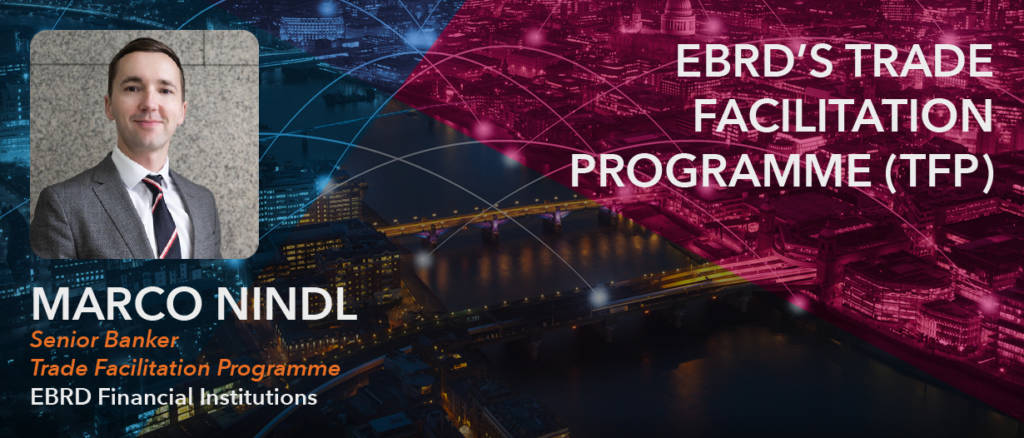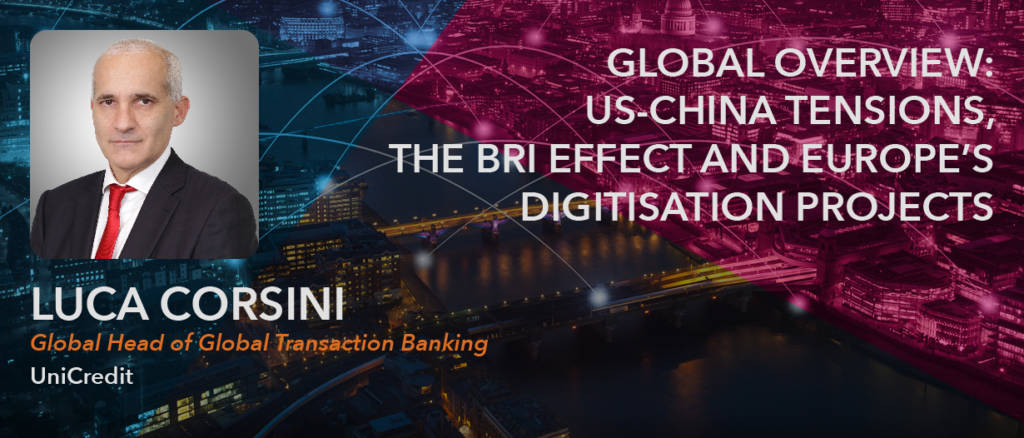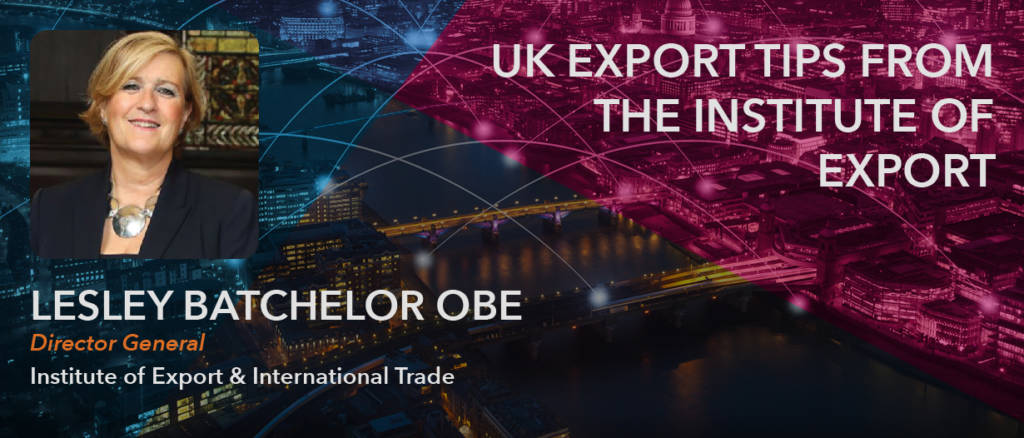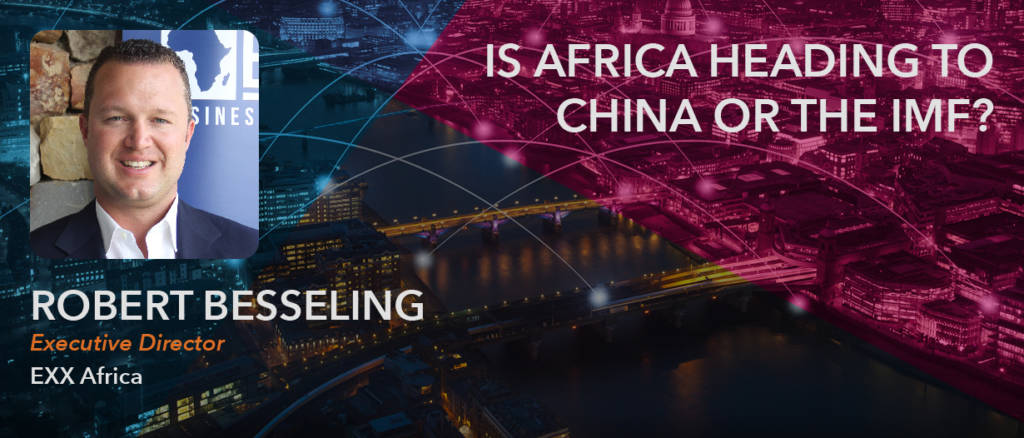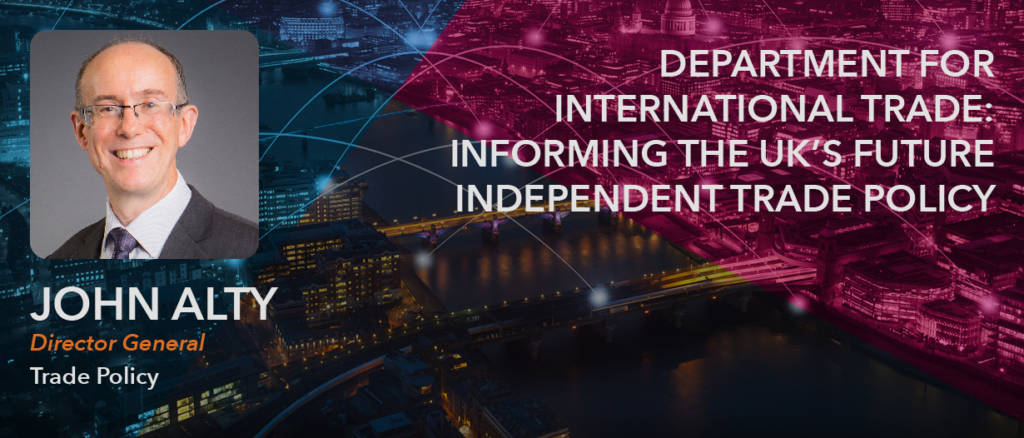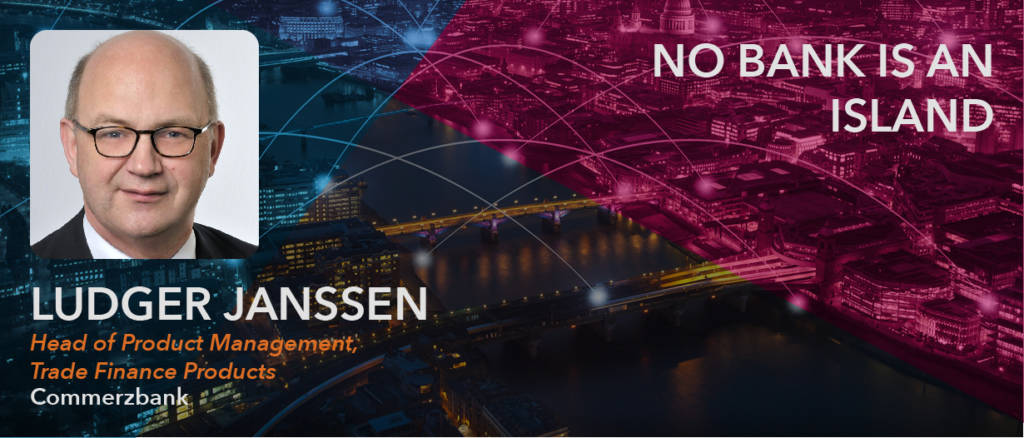International companies are facing the dual challenge of uncertainty and transformation in how they source, produce, transport, sell and trade their goods and services. The question is how can they get ahead of the curve and thrive in this changing environment.
The EBRD’s Trade Facilitation Programme (TFP) was developed to promote and facilitate international trade to, from and within economies where the EBRD invests. Under the TFP, guarantees are provided to international commercial banks (confirming banks), thereby covering the political and commercial payment risk of transactions undertaken by issuing banks. Since the TFP programme was initiated in 1999 the EBRD has financed more than 24,000 transactions for a total of more than €19 billion.
Despite today’s climate of rising trade tariffs and falling trade volumes, UniCredit’s Global Head of Global Transaction Banking, Luca Corsini, claims we have reason to remain optimistic for trade finance revenues in the coming months, pointing to the rising need for security in trade transactions, the rise of digital platforms to simplify and expand service provision, and continued infrastructure development stemming from Asia.
The European Receivables Finance Industry in 2019: Predictions for growth
EORI numbers – or economic operator indicator numbers – are essential for exporters. Based off a company’s VAT number, an exporter needs an EORI in order to complete a Customs Declaration. Till now, UK businesses have not needed to complete such documentation in order to sell into Europe, but this will change with Brexit.
Specialist intelligence company EXX Africa’s director Robert Besseling assesses that African governments are increasingly integrating infrastructure investment options into a more competitive landscape that seeks to bridge the massive annual financing gap. However, accomplishing sustained economic growth, meeting revenue collection targets, and achieving positive indicators will be required to balance growing debt levels and record fiscal expansionism.
Our departure from the EU will give the UK the ability to take control of its own independent trade policy for the first time in more than 40 years.
To advance trade finance’s digital transformation, financial institutions and technology providers alike are ramping up efforts to cooperate through a number of consortiums. But, to ensure these various initiatives do not create a cluster of “digital islands”, a more joined-up approach is required.
“Who trades what with whom?”. This is an inexcusable state of affairs in today’s world of big data, artificial intelligence and machine learning, as Dr Rebecca Harding, CEO of Coriolis Technologies, explains.
Distributed Ledger Technology (DLT) has been around for several years and has its roots in the world of cryptocurrencies, often referred to as Blockchain. Having brought some very interesting opportunities to the Banking market, attention was sparked in other industries such as Insurance, Healthcare, Shipping, Supply Chains, Manufacturing and Trade Finance.
















